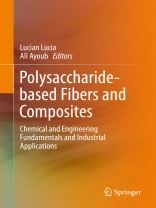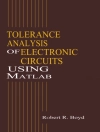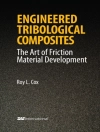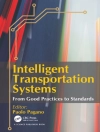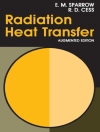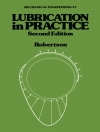This book includes chapters based on the potential uses of polysaccharides such as fibers in food and non-food applications. The complexity of their synthesis in plants, the highly multidisciplinary character of polysaccharide research, and the wide variety of applications from food to clothing to energy are addressed in this volume. The authors describe in detail how these latter grand challenges are of great importance in research, especially in the midst of enormous overpopulation and economic issues. Therefore, the volume contributes additional information to the chemical, nutritional, medical, and energy roles of these bio-based products, finding applications in diverse fields of their raw and composite forms.
This volume is a useful resource for graduate students and contains themes for instructors and senior research leaders. Written by internationally renowned experts, it is aimed at workers in polymer laboratories, classrooms, and policy makers.
Inhoudsopgave
Principles of Fiber Formation from Polymeric Polysaccharides.- Recent Advances in Anionic and Cationic Polysaccharides Fibers.- Cyclo-polysaccharide Assisted Fiber Inclusion Complexes.- Chemistry of Polysaccharide-Proteins Fibers and Fabrics.- 3D Printing Polysaccharide Fiber Hydrogel Composites.
Over de auteur
Prof. Lucian A. Lucia gained a Ph.D. in Organic Chemistry from the University of Florida. He spent approximately two years studying photoreactive polymers, photoinduced gelation phenomena, novel supramolecular behavior in microheterogeneous systems (vesicles, monolayers) as a postdoctoral fellow at the NSF Center for Photoinduced Charge Transfer at the University of Rochester in Rochester, NY. The Center funded an extended teaching & research appointment for Dr. Lucia at Tokyo Metropolitan University near Tokyo, Japan, from where he accepted an Assistant Professorship from the Institute of Paper Science and Technology at the Georgia Institute of Technology (Georgia Tech) in Atlanta, Georgia.
Prof. Lucia has 179 publications in peer review journals and is also a Distinguished Professor of Green Chemistry, Qilu University of Technology (China).
Professor Ali Ayoub is an internationally recognized expert in the biopolymer scienceand engineering field and has successfully developed groundbreaking inventions in areas relevant to polymeric materials and the biorefinery concept. He received his B.S in Physical-Chemistry from the National Chemical Engineering School in France and Ph.D in Materials Chemistry from the Institute of Molecular Chemistry, France where his research was related to the modification of starch for non food application. He has an extensive international experience. He worked for research agricultural governmental agencies in Japan and France before he joined Cornell University in United States and contribute to the development of novel generation of starch food based products using reactive extrusion. He has published over 40 technical papers on the starch modification and its applications and co-authored/edited two books on the renewables materials and polysaccharides. Currently, he is a senior scientist in the chemical industry and an adjunct professor and member associate graduate facultyat North Carolina State University. He is associated with the United States Department of Interior and organizing/presiding symposiums related to natural polymers within the American Chemical Society. He received many academic awards from Japan, France and USA for his research in the advances in understanding the starch macromolecules and its industrial applications.
